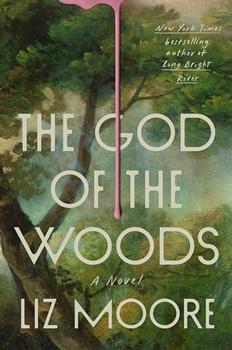(1/13/2013)
The Last Dragonslayer is the first book in the Chronicles of Kazam series by Welsh author Jasper Fforde. Aimed at the Young Adult reader, the heroine is an almost-16-year-old foundling raised by the Blessed Ladies of the Lobster, Jennifer Strange. Whilst her boss, Mr. Zambini (formerly The Great) is absent, Jennifer runs the Kazam Mystical Arts Management, an employment agency for magical arts practitioners, the demand for whom is ever-dwindling with the advent of weather satellites, drain cleaner and motorcycle couriers. But when soothsayers at all levels predict the death of the last Dragon, Maltcassion, Jennifer’s job description seems fated to change. Big Magic is the watchword. This series is set in the Kingdom of Hereford in the Ununited Kingdoms of Great Britain, very much like modern day Britain with its bureaucracy, politics, nepotism and corruption. Fforde creates a cast of Wizards of various talents (sorcery, soothsaying, carpeteering, moving, shifting, birdspeaking, weathermongering) with varying degrees of wizidrical power, a King, a Duke, a Dragonslayer with apprentice, an enchanted lift, a Dragon, an order of nuns, a Childcatcher, a Pollyanna stone, a transient moose and the Quarkbeast (Labrador/velociraptor/kitchen blender). Marzipan is a drug of addiction, magic is highly regulated and the King wants to conquer Wales. As always, Fforde includes some hilarious names : Col. Baggsum Gayme, Yogi Baird and the king’s seer, The Inconsistent Sage O’Neons. The military standoff between the Duke of Brecon and King Snodd is decidedly Monty Pythonish. The dialogue is excellent, the plot, as always, very original and appealing not just to the young adult reader. It has been described as inventive and funny. It’s wizards and dragons, Fforde style, it’s brilliant.



